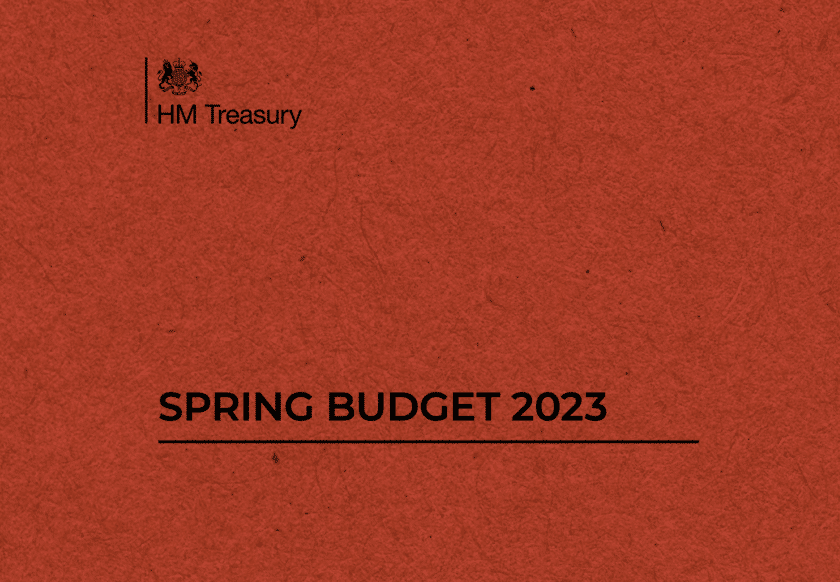Chancellor Jeremy Hunt announced plans to increase the Money Purchase Annual Allowance in his Spring Budget on Wednesday.
The Chancellor said the MPAA would more than double from £4,000 to £10,000 from April 2023, as part of his raft of measures to simplify the pensions tax system and encourage more people over 50 to remain in work.
The MPAA, which limits the amount of money that can be contributed to a pension before a tax charge is payable once the pension has been flexibly accessed, was introduced in a bid to stop people trying to avoid tax on current earnings or gain tax relief twice by withdrawing pension savings and paying them straight back in again.
However, pension experts have long warned that the little-known rule has unwittingly caught out many pension savers, with the government under mounting pressure to increase the limit.
Jon Greer, head of retirement policy at Quilter, was one of many commentators who welcomed the Chancellor’s decision to raise the threshold.
Greer said: “While it might have gone somewhat under the radar, arguably the only change to the pension landscape today that will certainly help the masses when it comes to pension saving and creating an incentive to return to work is the increase in the MPAA.
“The MPAA is a relatively little-known tax rule, yet many currently fall foul of their annual pension allowance perversely reducing from £40,000 to £4,000. Raising this to £10,000 alleviates the risk of hitting the MPAA for most people with earnings of less than £100,000 whose contributions are up to 10% of earnings. This is a positive step as for lots of people a primary reason for returning to work or taking on more hours is to boost their pension pots.”
Steven Cameron, pensions director at Aegon, echoed the sentiment: “The change which will benefit the greatest number of individuals is the increase in the little known MPAA which will support a greater number of over 55s staying in or returning to the workplace.
“Many individuals over 55 who have taken income ‘flexibly’ from their money purchase pension may not have realised that by doing so, they reduce the maximum they can then save in a pension. They may have done so because they lost their job or needed extra funds to tide them over during the pandemic or the current cost of living crisis. At its previous level of £4,000, there was a real risk it stopped individuals re-entering the workforce from benefitting fully from the workplace pension that came with the job.”
According to Government spending forecasts, increasing the MPAA will cost £170 million by the 2027/28 tax year, however Canada Life technical director Andrew Tully said it was a “small change to the rules which makes a big difference” and could save the Treasury money through increased employment, economic productivity and tax receipts.
The policy change is part of the Chancellor’s ‘back to work’ Budget, which aims to encourage over-50s to return to the workplace and prevent others from reducing their hours or stopping work altogether due to potential pension tax charges. According to Government statistics, 3.5 million people of pre-retirement age over 50 are not working, an increase of 320,000 since the pandemic. The UK now has the 23rd highest inactivity rate for over 55s in the OECD.
Clare Moffat, pensions and legal expert at Royal London, commented: “Jeremy Hunt’s decision to increase the MPAA to £10,000 will be broadly welcomed by those seeking flexible retirement, those who have had to access pensions due to the cost-of-living crisis, as well as employers struggling to retain workers in a tight labour market. Many older workers favour easing themselves into retirement gradually, and with today’s announcement Mr Hunt has acknowledged that withdrawing money from your pension shouldn’t prevent you from continuing to save towards full-time retirement.”
Moffat said for those who have already left the jobs market, today’s announcement also offers greater incentive to return if their circumstances change.
“With virtually all employees now automatically enrolled into pension saving, the £4,000 MPAA seemed at odds with the aim of enticing older workers back to employment. For those who have had to access pensions, due to the cost-of-living crisis, this increase offers the opportunity to replace withdrawn savings with less restriction,” she said.





























